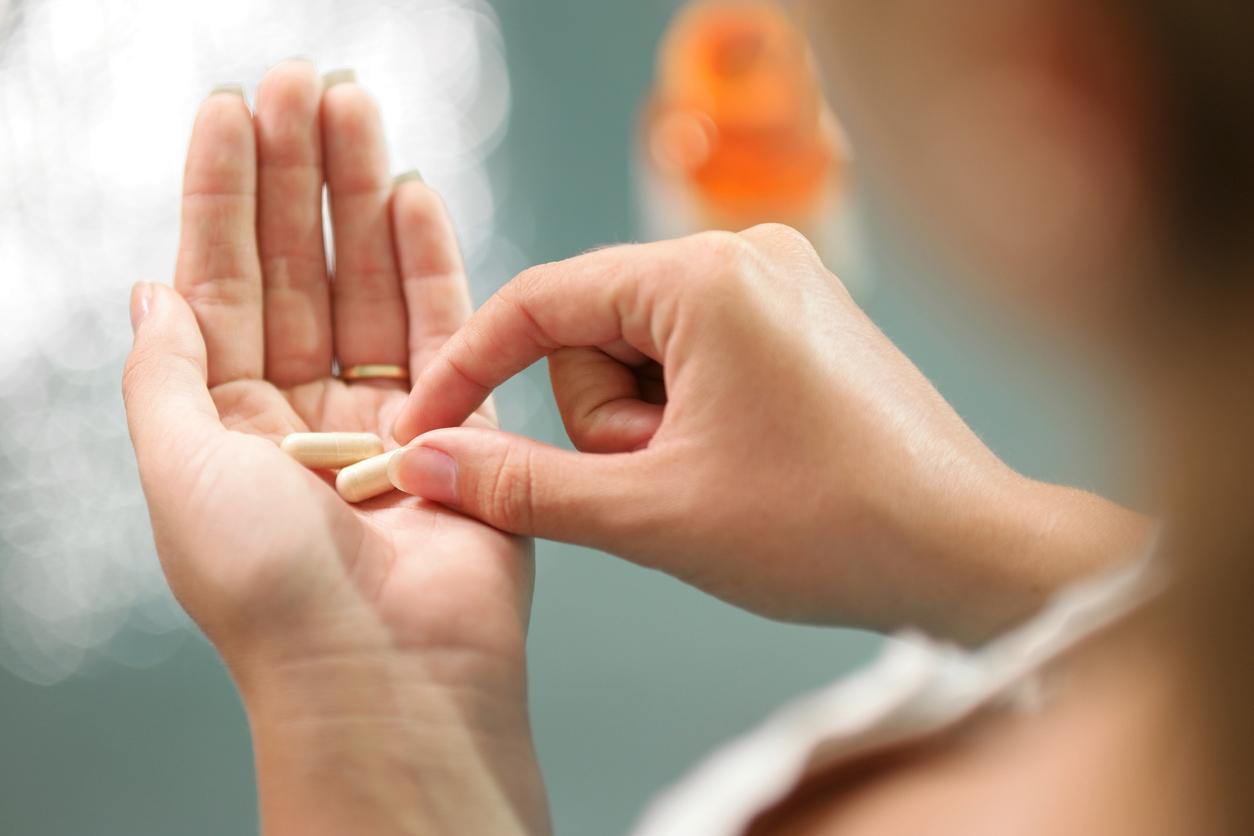Lupus is an autoimmune disease that affects approximately 40 out of 100,000 French people each year. Largely female – 88% of patients are female – this pathology occurs when the immune system attacks the body, causing inflammatory reactions on the skin (lupus erythematosus) or localized in several organs (kidneys, joints, lungs, etc.) is systemic lupus erythematosus).
If the exact causes of lupus have not yet been identified by medical research (which suspects genetic, environmental and hormonal factors), researchers have been interested for some years in the role of Lactobacillus reuteri, a bacterium of the intestinal flora: this could promote the development of lupus by stimulating the immune defences.
A predominantly female autoimmune disease
Researchers at Yale University (in the United States) conducted an experiment with mice suffering from lupus: for several weeks, the rodents received a diet rich in insoluble fiber. These fibers which do not dissolve in water are known to promote intestinal transit, contribute to the elimination of toxins and boost the digestive system. In addition, they are beneficial for the intestinal flora.
Closing? At the end of the experiment, the scientists found that the bacterium Lactobacillus reuteri developed less quickly in the body, as well as an improvement in the general state of health of mice with lupus. Additional studies are awaited in order to see whether or not these encouraging results could be transposed to humans.
This work has been published in the specialized journal Cell Host & Microbe.
Read also :
Hiccups, snoring, lupus… The most asked “health questions” to Google in the United States
In women, post-traumatic stress increases the risk of lupus
Smoking increases the risk of lupus in women















